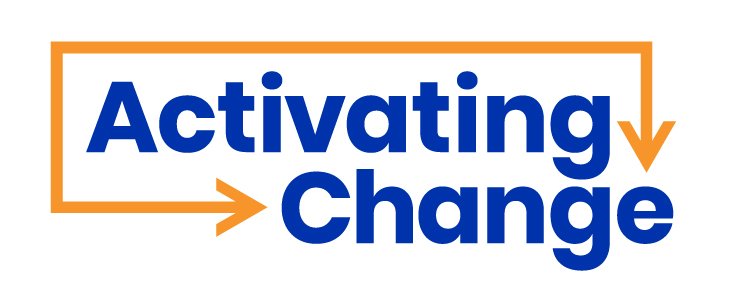Domestic Violence Awareness Month
October is Domestic Violence Awareness Month in the U.S., during which organizations and individuals bring attention to the epidemic of domestic violence. This year’s theme is Heal, Hold, & Center.
A banner for Domestic Violence Awareness Month
“This DVAM and beyond, we must work together, embrace the many cultural ways we can heal from violence and oppression, commit to holding space for survivors, and center those most marginalized in all of our efforts to end domestic violence.”
Women with disabilities have a 40% greater chance of intimate partner violence than women without disabilities. In the Deaf community, that rate is closer to 50%.
In 2008, intimate partners perpetrated 27% of violent crimes against women with disabilities and 1.1% of crimes against men with disabilities.
Survivors with disabilities and Deaf survivors face physical, programmatic, communication, and attitudinal barriers. These barriers stand in the way of them getting support.
For survivors with disabilities and Deaf survivors whose identities intersect with other marginalized groups, these barriers are even more extreme. It is critical that these voices are not just centered, but actively sought out by advocates.
Activating Change has several resources for organizations that provide services to survivors with disabilities and Deaf survivors, as well as for organizations recognizing Domestic Violence Awareness Month.
Emerging Issues for Domestic Violence Survivors with Disabilities and Deaf Survivors:
Safety Planning for Survivors with Disabilities
You can also visit the Domestic Violence Awareness Project and the National Domestic Violence Hotline website to learn more.

